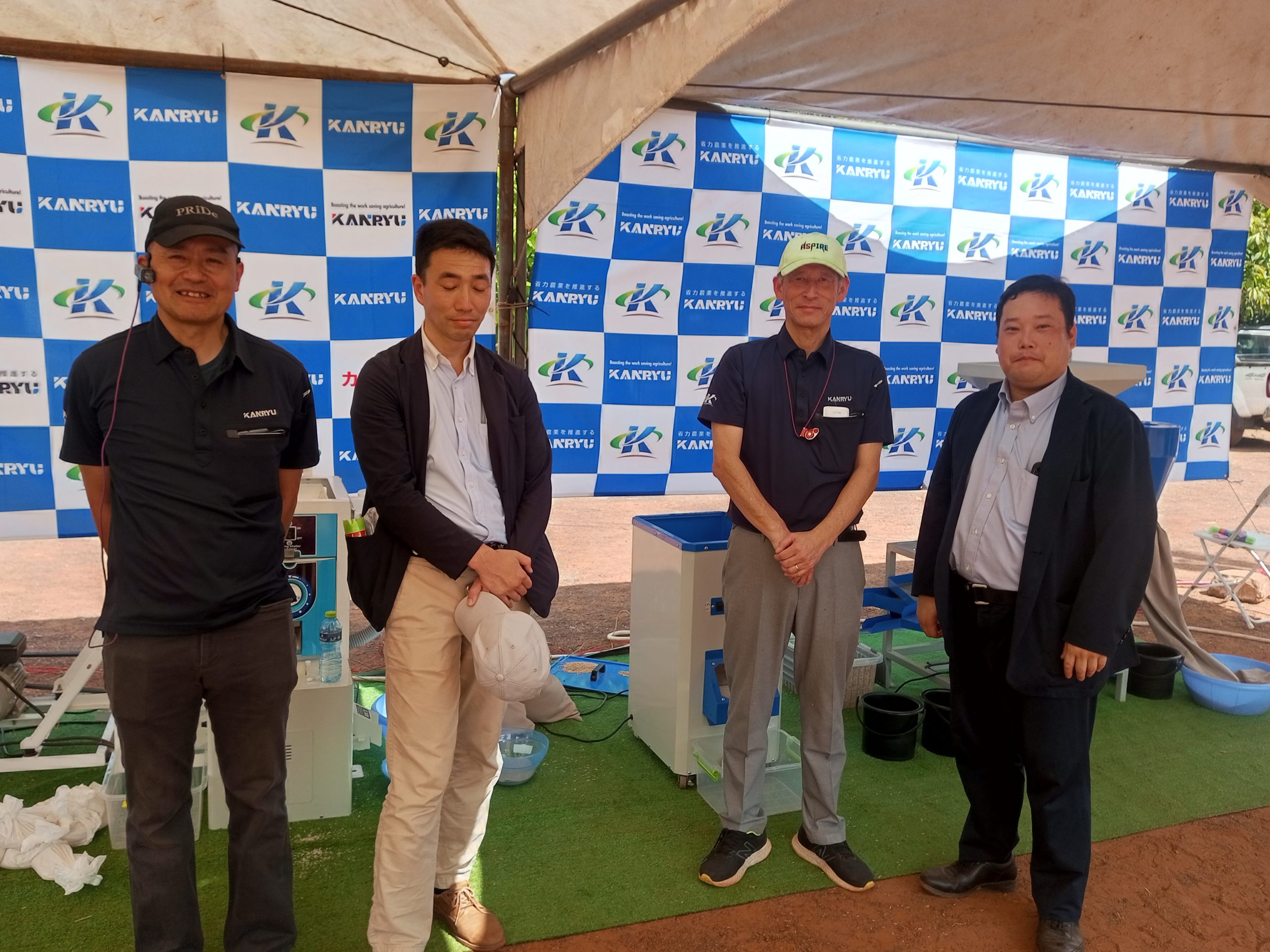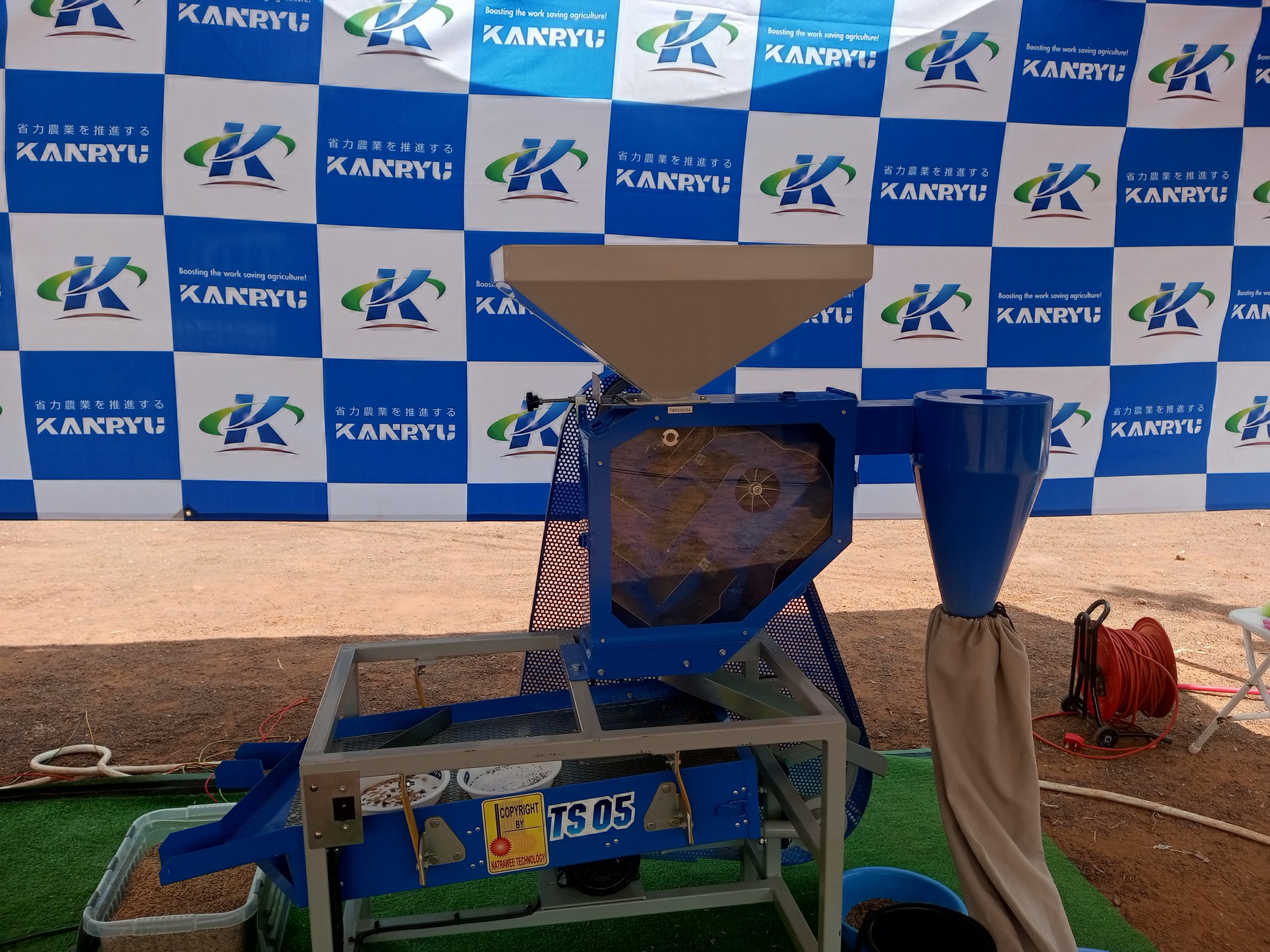
For decades, Ghana has been grappling with rice mechanization challenges, with most farmers relying on traditional tools like cutlasses, hoes, sickles, and others for rice farming. The absence of modern machinery forces farmers to harvest and dry rice on bare floors, leading to contamination with small stones during the drying process.
This situation has driven many Ghanaians to prefer imported rice over local varieties, as local production struggles to meet the growing demand.
According to the Ghana Rice Mechanization policy brief document, between 2008 and 2017, paddy production fluctuated annually due to variations in cultivated area and marginal yield changes.
The lack of sophisticated machinery has compelled investors to import rice, exacerbating the challenge. Local farmers are willing to meet demand, but they face infrastructure deficits and insufficient access to necessary machinery.
In a significant move, the Japanese International Cooperation Agency (JICA) and Kanryu Industry Company Limited have developed a simple, efficient, and affordable rice milling unit to aid smallholder farmers. This initiative, led by the Ashanti regional office of the Ministry of Food and Agriculture, aims to reduce reliance on imported rice.

Kanryu Industry Company Limited’s Group President, Shuichi Fujimori, states that after a two-year study, they identified challenges in Ghana’s rice sector and developed a small-sized rice milling unit incorporating a huller, destoner, and cleaner. This unit, supported by JICA, has been provided to smallholder farmers.
The Ashanti regional director at the Ministry of Food and Agriculture, Rev. Dr. John Manu, expresses relief, noting that this intervention comes at a crucial time as Ghana aims to reduce its significant rice importation bill.
He believes the machinery will enhance the entire rice production process, allowing farmers to work more efficiently.



